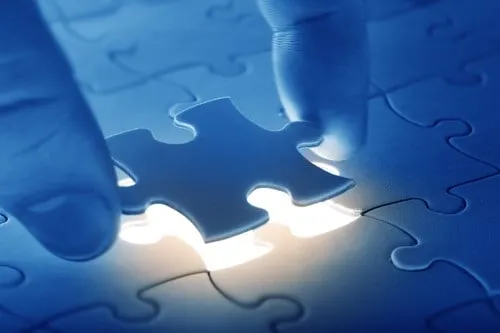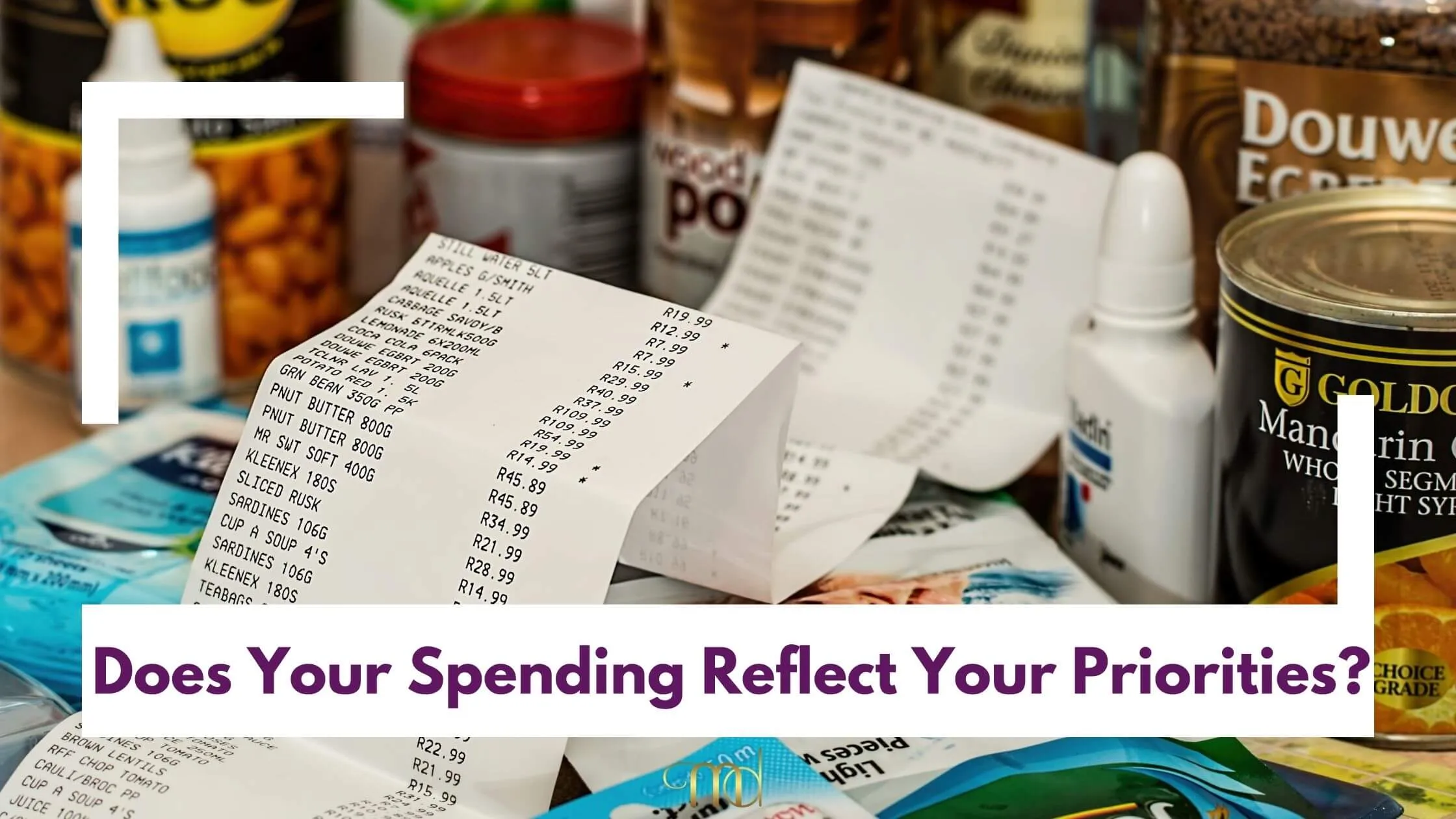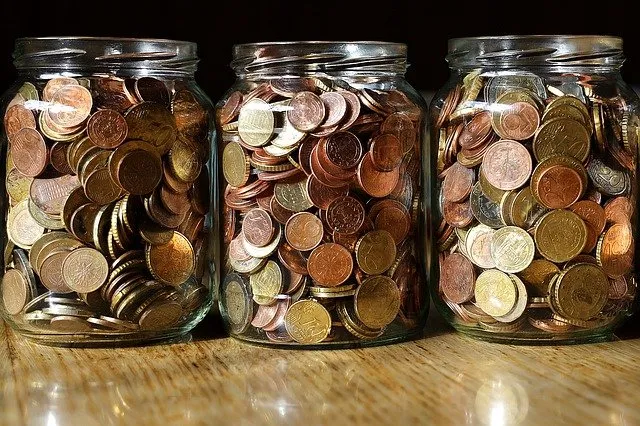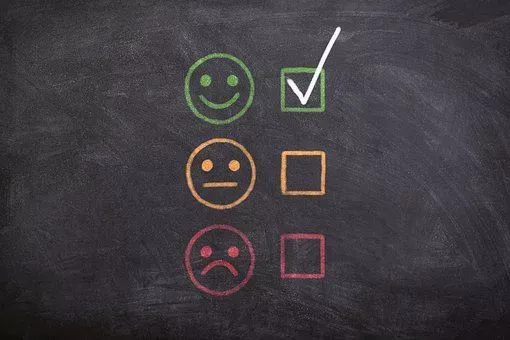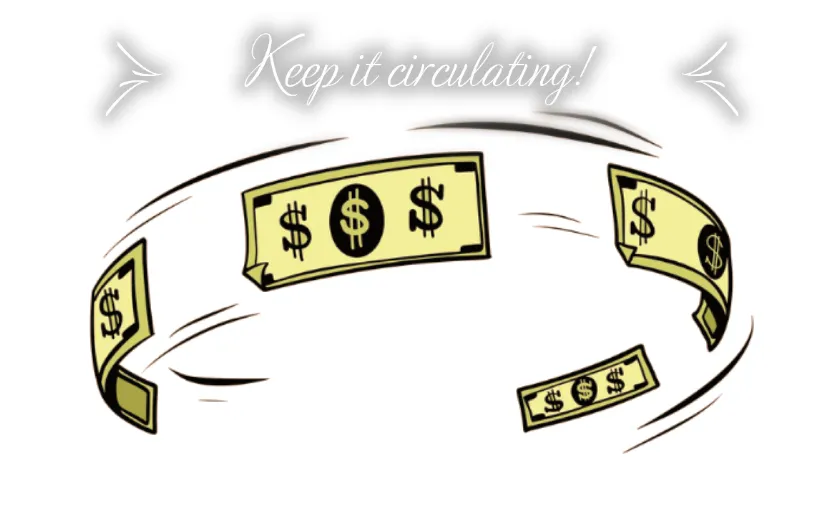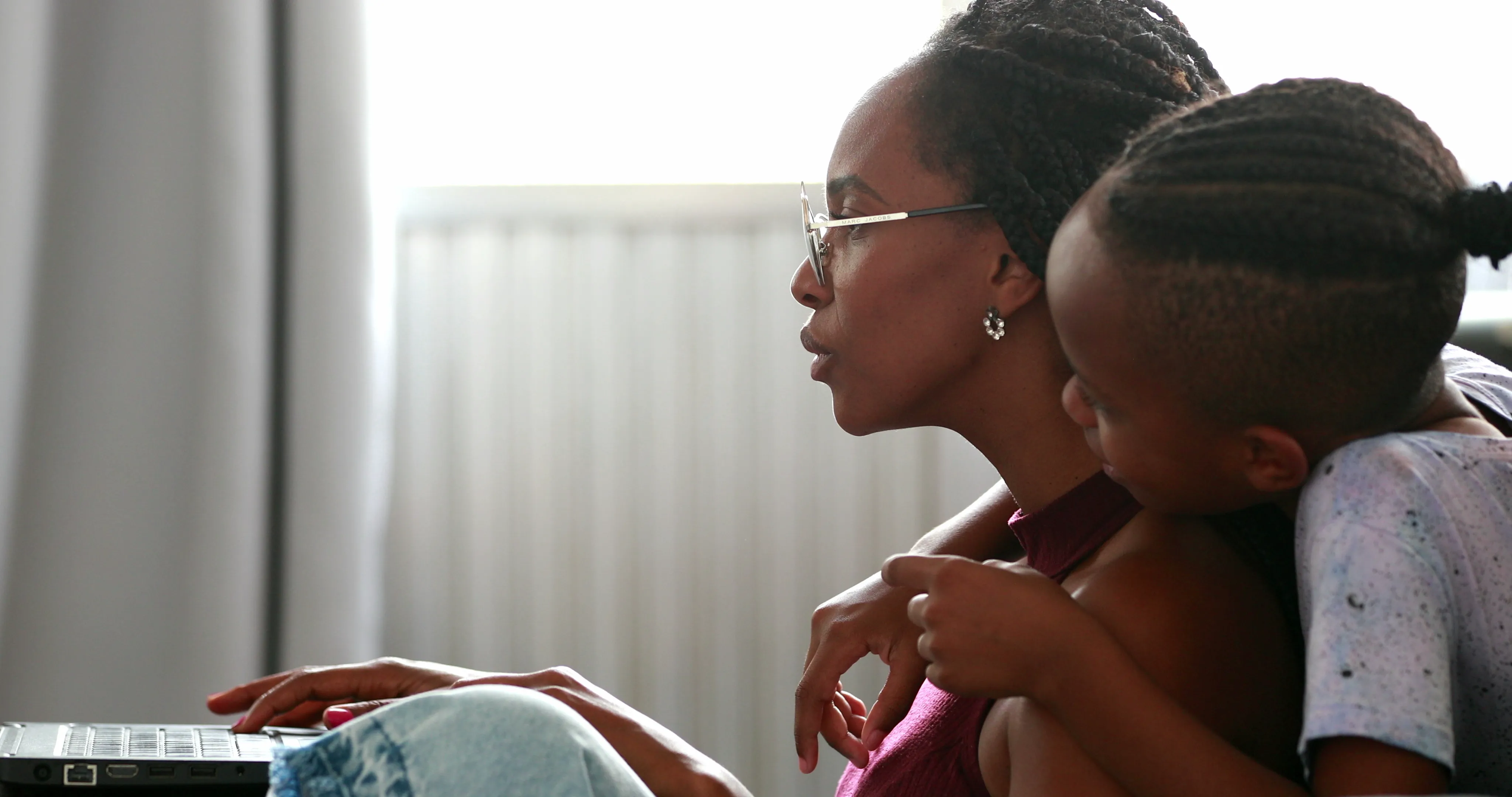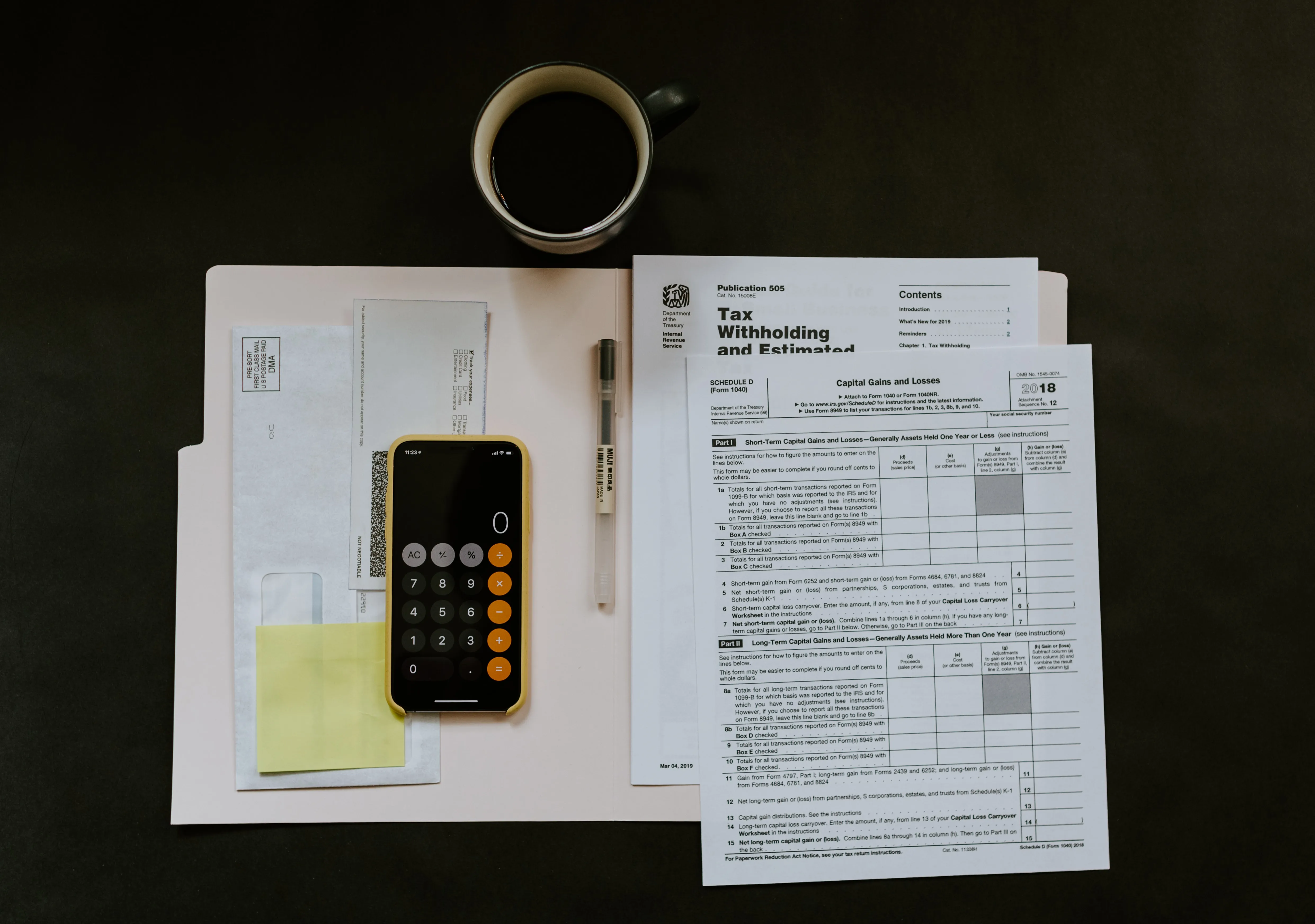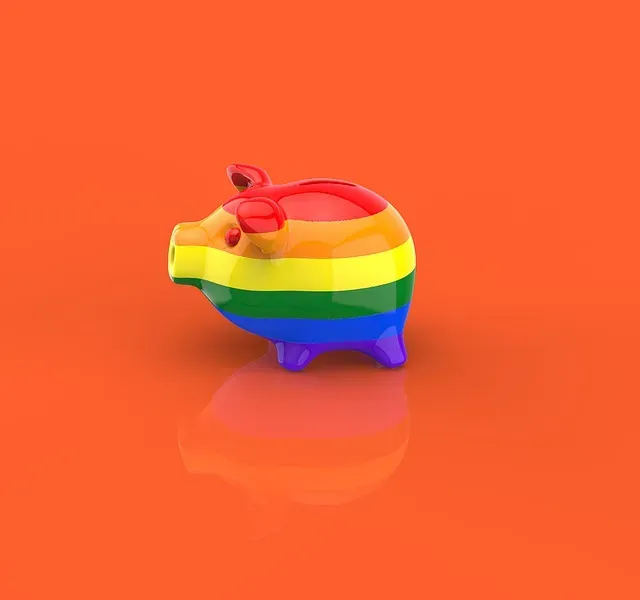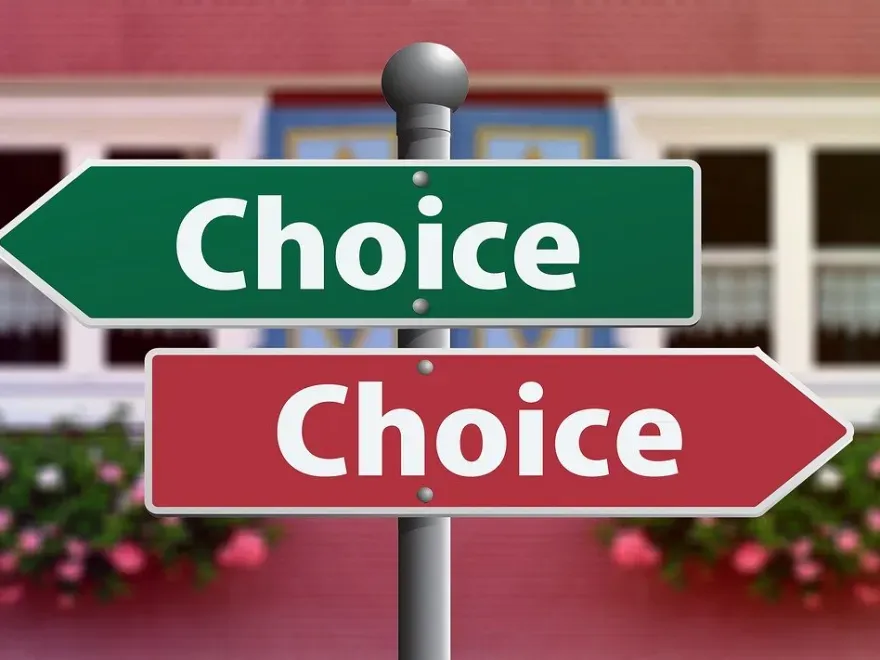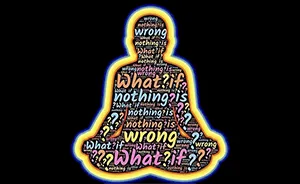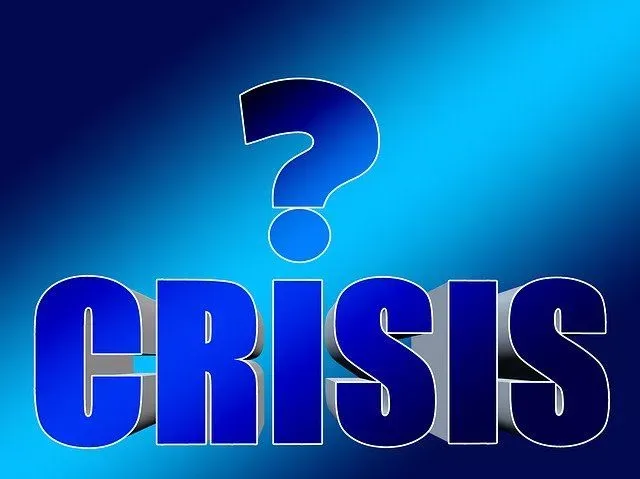Does Your Spending Reflect Your Priorities?
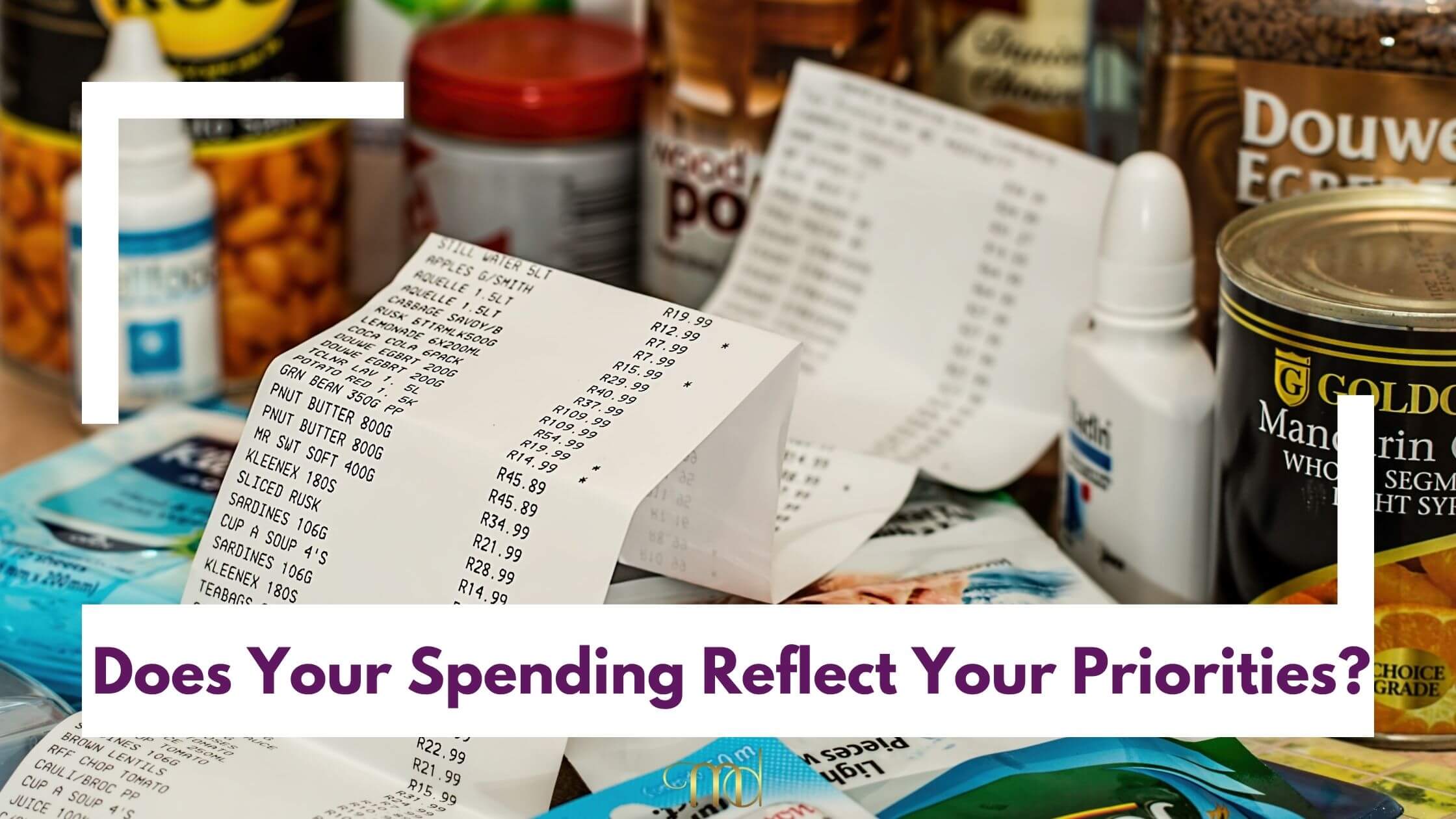
Today I have an interesting question for you. Suppose you have a budget, and at the end of the month, you are within your budget, but when you check your spending, you found out something which unexpected. Instead of spending money on healthy eating, you spent that amount on buying an expensive dress, which was not at all required. What does it tell you about yourself?
Achieving financial success requires us to develop and adhere to a budget. For many of us, however, budgeting can be challenging because figuring out where our money is going can be tricky. But what if we looked at our spending as an indication of our priorities?
Do we spend too much on certain items while neglecting others? Are we choosing wisely, or are our resources being wasted on things that don't really matter?
When most of your money goes toward providing what's most important to you, you tend to live a more fulfilled life and feel more satisfied with how you spend your money.
It's also easier to stick to your personal finance plan when it aims to get you what you want out of life.
Because life priorities can differ drastically from person to person, it's essential to be aware of your own personal values.
What do you really want from life? What kind of lifestyle do you seek? What are your life goals? Does your spending reflect those things?
Follow these steps to help determine if your finances are in alignment with your priorities:
List your priorities
You might notice different levels of priorities as you write yours down. Your primary priorities are things like having a place to live and plenty of food to eat.
However, you'll most likely include some "necessary" priorities to ensure a strong future for yourself and your family members, like maintaining good health or providing your kids with a good education.
Also, list things you love to do that seem more like "luxury" priorities, like reading, traveling, or playing golf. These might be less important than your primary priorities, but they're still vital to you, so include them.
Write down how you spend most of your money
Where does it go? Although you may get annoyed that much of your money goes toward the mortgage or paying rent, the fact is that we all require a roof over our heads.
Consider your home's type, size, and expense and whether you've gone too far regarding house expenses. If so, where you live, and the mortgage/rent payments might require re-evaluation on your part.
Maybe a good portion of your dollars goes to other necessary expenses like groceries and paying your utilities. But what else do you spend your money on?
Do you play slot machines on Saturday for fun and lose money? You may love to shop and use shopping as a pastime that costs quite a bit. Perhaps you spend $20 a week on coffee and snacks or $30 a week having drinks with your friends.
Thoughtfully consider where your money goes from week to week and write it down.
Compare your lists
Take a look at your first list, the one with your priorities. Ponder each item; does every item accurately reflect what's important to you? Now examine your second list, the one showing where your money goes. Do the lists appear connected?
Does your money go mostly toward your priorities?
You might be shocked to learn that, even though you listed specific priorities like providing a good education for your children or having a comfortable home, you're spending $100 plus a week on eating out instead of starting an education fund.
What if you listed reading as one of your priorities yet spend nearly $100 a month on cable television you don't watch much? Or if you do, it's the same 3 channels that you'd actually get on a basic cable plan costing less than $40 a month.
In either case, you've got to ask yourself, "What are my true and real priorities" and "Why aren't I putting my money toward the things that matter most to me?"
Having great clarity in knowing your priorities and being conscious of how you spend your money will help you routinely place money toward what's most important to you.
Then, you'll like how you feel about your finances as funds become available for your favorite things.
You May Also Like
How to Uncover Your Money Drains?
How to Buy a Computer on a Budget


